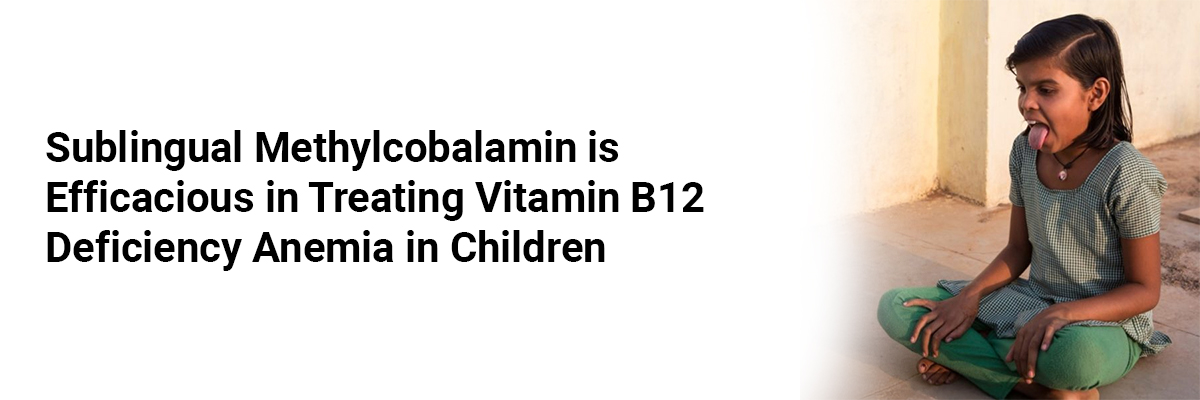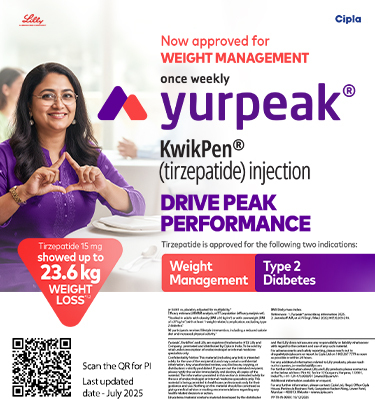
Sublingual Methylcobalamin is Efficacious in Treating Vitamin B12 Deficiency Anemia in Children
An interventional study aimed to assess the efficacy and safety of sublingual methylcobalamin in treating vitamin B12 deficiency anemia in children aged 1-12 years.
This single-arm study was conducted between November 2020 and April 2022. Here, children aged 1-6 years were administered methylcobalamin tablets (1500 mcg) sublingually every alternate day for three doses. Meanwhile, those aged 7-12 years received five doses. Subsequently, one tablet was given weekly, and all participants were followed for six weeks.
Results from 37 children (mean age: 8.2 years) revealed that by day 10, none required parenteral methylcobalamin rescue therapy. After six weeks, serum cobalamin significantly increased from 123.3 pg/mL to 507.3 pg/mL; plasma homocysteine decreased from 48.9 µmol/L to 16.3 µmol/L; hemoglobin increased by 2.3 g/dL; and mean corpuscular volume (MCV) decreased by 12.9 fL. While 67.6% of children persisted with anemia, most had mild or moderate cases. No unsolicited side effects were reported.
Thus, sublingual methylcobalamin demonstrated effectiveness and safety in treating symptomatic vitamin B12 deficiency anemia in children aged 1-12 years. The results suggest the necessity of a longer treatment duration beyond six weeks.
The findings highlight sublingual methylcobalamin as a viable therapeutic option for pediatric vitamin B12 deficiency anemia, emphasizing the need for further research to determine optimal treatment durations for sustained efficacy.
Source: Saxena C, Kumari S, Dewan P, Gomber S, Agarwal R, Sharma S, Radhakrishnan N, Maji M. Indian Pediatrics. 2023 Nov;60(11):913-6.















Please login to comment on this article